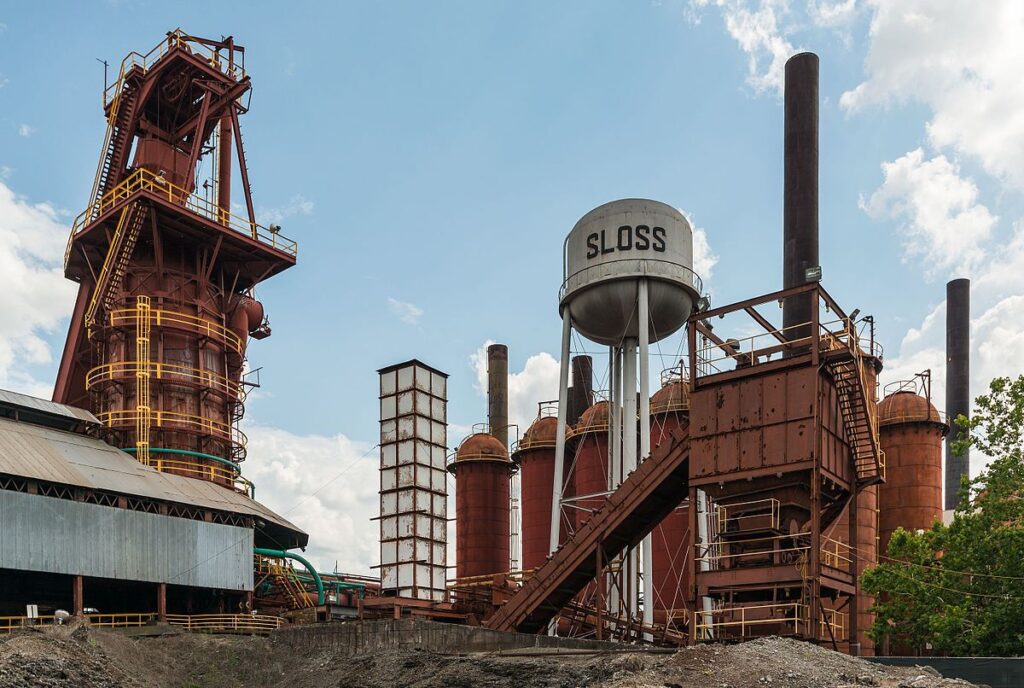Dr. Jennifer Ross-Nazzal: Historian Johnson Space Center: Houston, Texas
- What drew you to history and why did you choose to enter it as a professional field?
Originally, I was a Political Science major. At the start of my senior year in college, I enrolled in the first half of the American women’s history survey and really enjoyed it. Afterwards I declared a double major in Political Science and History. At the end of my senior year, I decided to pursue a master’s degree to study women’s history.
After competing my master’s degree I began working as hall director at a community college and taught a couple of classes here and there. About nine months later, I began applying for several open positions at nearby community colleges. One college encouraged me to reapply the next year. I decided a doctorate would help me stand out, so I decided to apply to doctoral programs.
2. Did you set out with the intent working in the public history?
Not initially but I did see it as a backup and applied to several programs that offered public history courses. At the time, only a handful of schools offered PhDs in public history, and Washington State University was one.
3. Were there any big opportunities or experiences that shaped your interests or your career?
There were many. A couple standout at this moment. I wrote my master’s thesis on the impact and influence of New Mexico clubwomen on their local communities. To fill a gap in limited resources I conducted ten oral history interviews with women from the different clubs across the state and used sections throughout my manuscript. This sparked my interest in oral history.
As a PhD student, I participated in two internships including one with the NASA Johnson Space Center Oral History Project. Interning with the project opened the door to a full-time position in 2002. On my first day in that position, I traveled to San Diego and sat in on an interview with Sally Ride, America’s first woman in space. What a memorable day!
4. How did graduate school prepare you for the professional field? What sorts of skills have proved useful and were there any areas of your training that were lacking?
Graduate school gave me solid training in research and research methods like oral history. Working on my master’s thesis I learned how important interpersonal relationship skills were to gathering information locked away in people’s homes and clubhouses. Conducting oral history interviews as a grad student prepared me for my current position. Researching the Montana National Guard helped me think outside of the box when it came to looking for materials unavailable in the organizational records.
Graduate school—even our public history program—focused solely on academics. Rarely did I collaborate with others on projects, yet I work as a part of a team every day. Nor did I receive the management skills one needs in public history. Historians need to be trained in project management, budget, and personnel matters. And, public historians need to be prepared to work on tasks that in no way relate to research or writing. These can be arranging meetings, travel, or coming up with a budget for a project. Public historians also need training in how to handle difficult situations and people.
5. Each day is different, but what are some of the tasks you handle daily?
It is difficult to characterize my days as they vary so much, but I do handle reference requests on a daily basis. Lately, because I am teleworking, I have had regular online weekly meetings with my management. On typical days before this pandemic, I might be arranging travel, preparing to conduct an oral history interview, or editing an oral history transcript. I might be at the archive doing some research or doing an interview with the media or a student. Occasionally I give tours of the Center and am a guide. Other days I might be gathering research for a talk or giving a talk. Really, I never know what my day could bring. For instance, I might also be completing required IT security, ergonomic, record management, or safety training.
6. What advice do you have for someone who may be close to getting out of graduate school or looking for their first job
In the public history world you need to market all your skills—not just your ability to research and write.
Years ago I attended a cultural resource management conference where the owner of a firm spoke to students. She explained that she did not need someone who could only do one thing, in this case CRM. She needed someone who could service her trucks and do CRM or CRM and the accounting. Even in the federal world I have seen this. The Department of Energy recently hired a historian but wanted the new hire to be their cultural resources manager, their archivist, and their historian.
After finishing your master’s or doctorate don’t assume you’re finished with your education. The world is changing, jobs are much less secure, and you should continue to look for ways to market yourself. I have earned a certificate in historic preservation and am pursuing a master’s in Information Science to make sure I’m more flexible in my current position, but also marketable if I need to change jobs.

